by Derek Davison
WASHINGTON—A top advisor to President Obama said that a deal over Iran’s nuclear program could lead to a new era of relations.
“A nuclear agreement could begin a multi-generational process that could lead to a new relationship between our countries,” said Phil Gordon, the White House Coordinator for the Middle East, North Africa, and the Gulf Region, in a speech Saturday to the National Iranian American Council (NIAC). “Iran could begin to reduce tensions with its neighbors and return to its rightful place in the community of nations.”
But the special assistant to the president put the onus on Iran for reaching a final nuclear deal.
“Negotiations over this issue are obviously enormously and technologically complex…but the issue itself can actually be boiled down to a very simple question: is Iran prepared to demonstrate to the world that its nuclear program is exclusively peaceful?”
“We strongly hope that it is, and the P5+1 [US, UK, Russia, France, China plus Germany] negotiations currently going on offer a real opportunity for it to do so,” he said.
Gordon added that the administration would only accept a deal that would “cut off all possible paths” to the development of a nuclear weapon.
Iran, a signatory to the Nuclear Non-Proliferation Treaty (NPT), insists its nuclear program is peaceful but has been negotiating over it since 2006. The country’s economy has been seriously harmed by an international sanctions regime.
Iranian President Hassan Rouhani said a comprehensive final accord would be a “historic opportunity for the West to show that it does not oppose the advancement and development of others and does not discriminate when it comes to adhering to international rules and regulations” in his Sept. 25 address to the UNGA.
“This agreement can carry a global message of peace and security, indicating that the way to attain conflict resolution is through negotiation and respect not through conflict and sanctions,” he said.
But no headway was made during talks between Iran and the P5+1 on the sidelines of the UN General Assembly last week as both sides try to reach a final deal by the self-imposed Nov. 24 deadline.
“We do not have an understanding on all major issues, we have some understandings that are helpful to move this process forward and we have an enormous number of details still to work through,” a senior US official told reporters in New York Sept. 26.
“We still have some very, very difficult understandings yet to reach, and everyone has to make difficult decisions and we continue to look to Iran to make some of the ones necessary for getting to a comprehensive agreement,” said the official, speaking on the condition of anonymity.
Beyond the discussion of the nuclear negotiations, Gordon touted dramatic improvements in US-Iranian relations just in the past year.
Noting that Secretary of State John Kerry and Iranian Foreign Minister Javad Zarif have remained in regular contact since the historic Rouhani-Obama telephone conversation during last year’s UNGA, Gordon said: “we have gone from almost no [U.S.-Iran] contact at all, to contacts even at the foreign ministerial level being almost routine.”

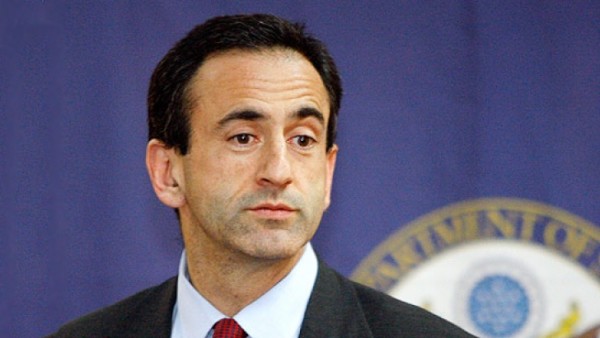
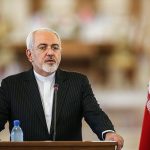
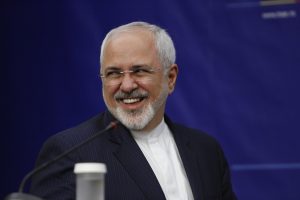
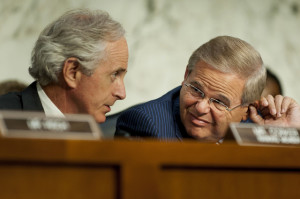
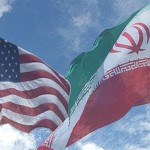
I agree Iran has an opportunity to achieve much better relations with many western countries, including of course the US. Provided it makes a deal with P5+1.
A deal is only parenthetically related to nuclear, but if Washington can offer Tehran enough it won’t go over to the new Russia- China block and will be non- aligned in Obama’s declared Cold War 2 against Vlad and Xi.
Watch how things go in the Levant. Will the US and Iran agree to some form of power sharing, or will it break down into in your face rivalries over who will control this now broken territory?
This is the real deal as opposed to fake public theater about a nuclear Iran that would be at best 10 years away, and should it arrive be of stone age technology.
There just doesn’t seem to any way that this is going to come out to Iran’s benefit, regardless of how much they try. If Iran does align with Russia & China, then the blame has to go to the U.S. with Israel in the background. I would wager that if the U.S. pulled out of the M.E. and let those members settle their differences among themselves, this probably would be over quickly, one way or another. I don’t think there’s anyone in the U.S. that has any idea how to move to a settlement, though certainly have enormous help in putting up road blocks.
How can the onus be on Iran when this whole affair is a manufactured crisis made in Washington and tel aviv. Who do these people give these talks to, high school students?
New US mathematics
P5+1 without France: 4 = 5 ?